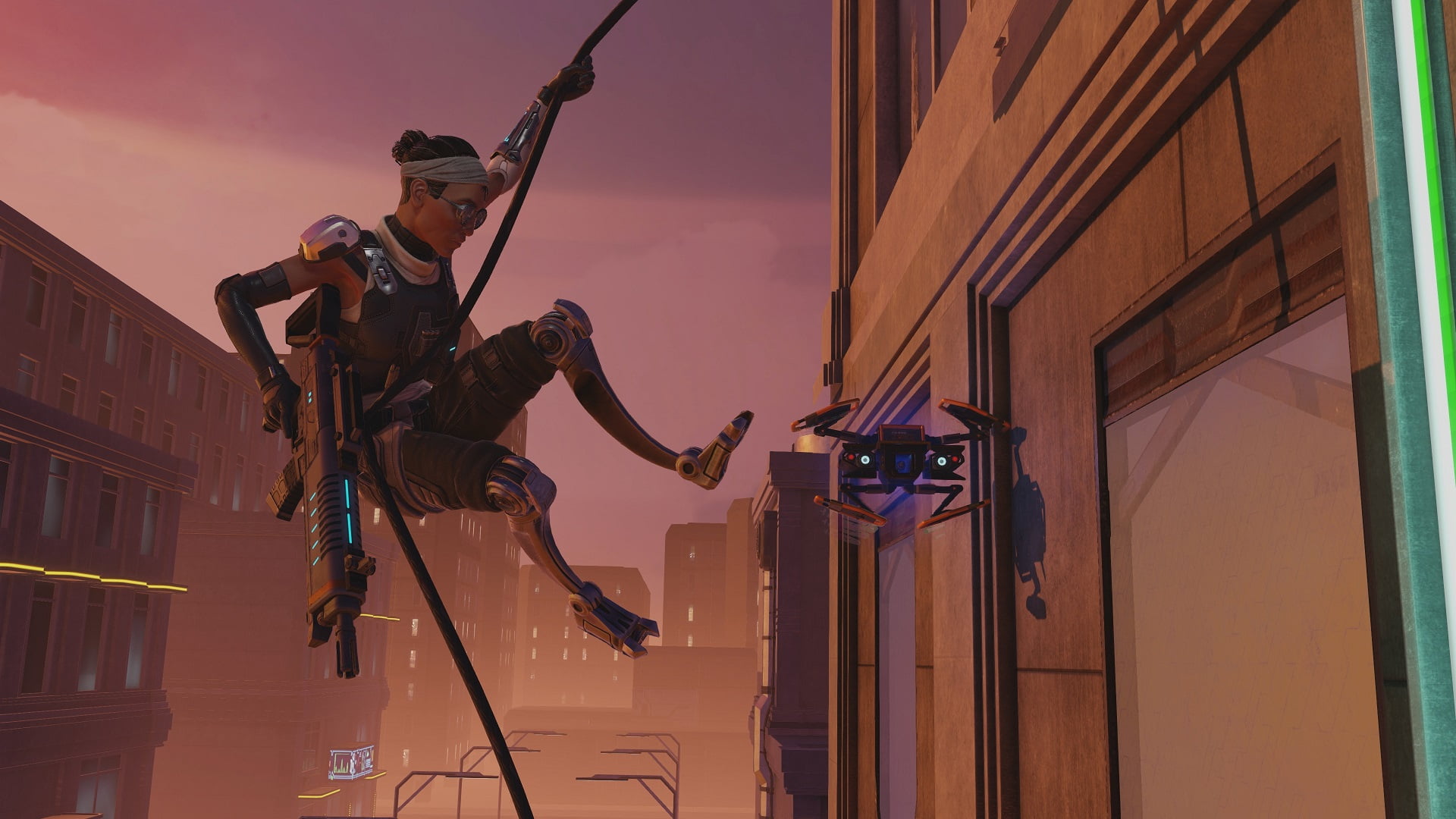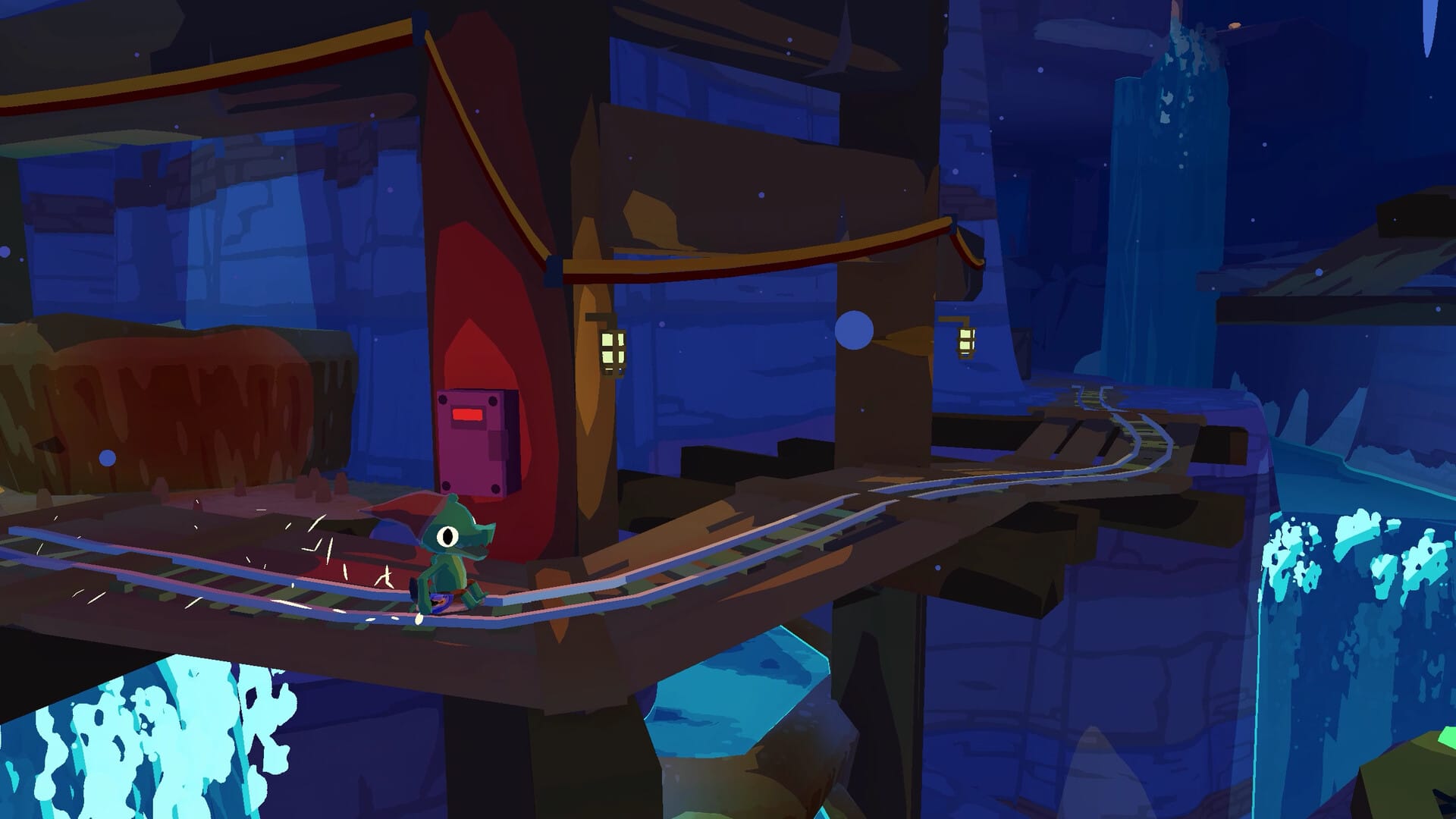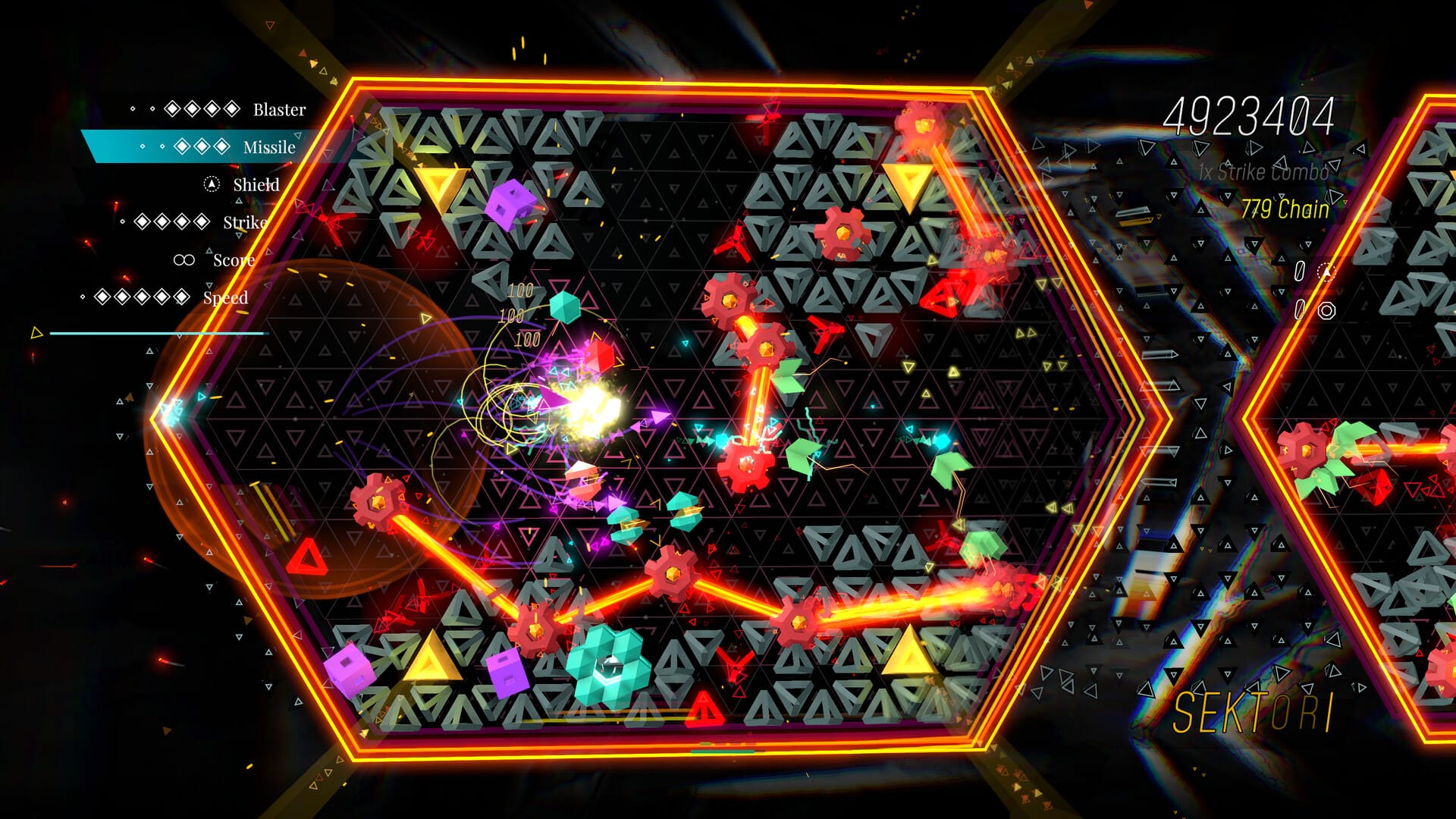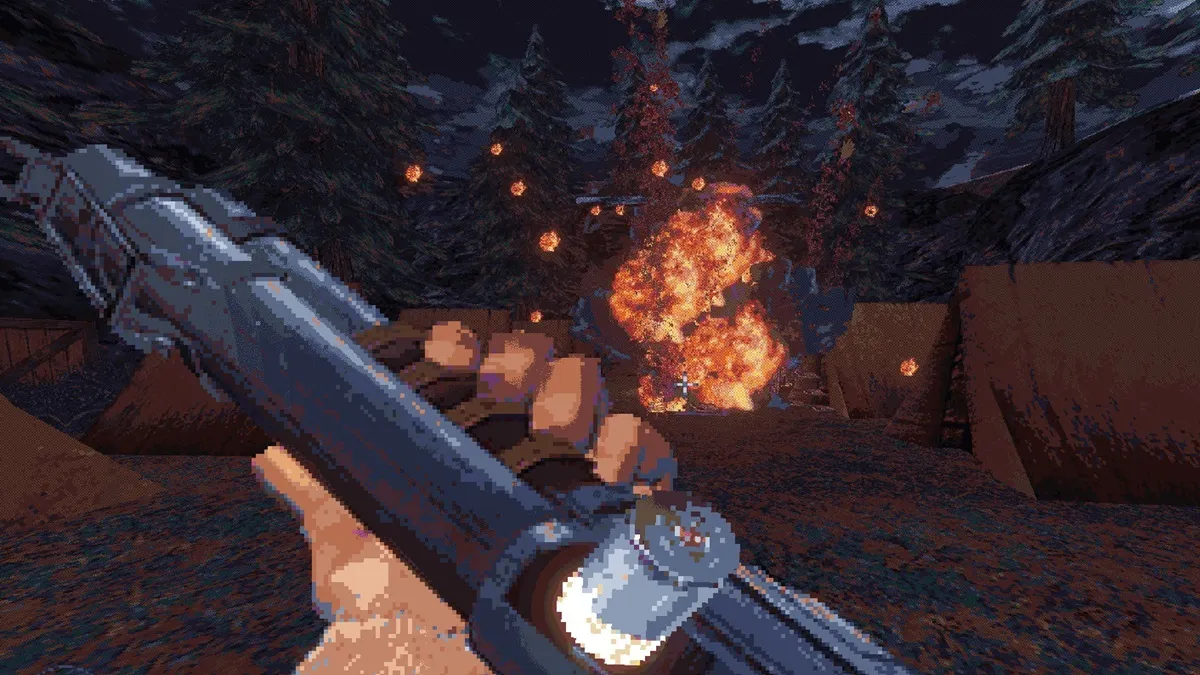For as long as videogames have been around, one of their under-recognised uses is as a source of comfort and distraction. This aspect of the hobby has come into its own more than ever in 2020, which for many people has been an exceptionally challenging year. Games new and old have been a valuable escape from the year’s pervasive sense of unease. As well as keeping us distracted, they’ve also kept us connected – as I’ve found by taking up Rocket League and playing digital board games Terraforming Mars and Wingspan.
While console gamers have spent much of the year in anticipation of the new generation of consoles, I’ve taken advantage of the ability to seek out PC games I missed years ago, pick them up for small change, and give them the attention they deserve. As a result, in addition to choosing three of my favourite releases from 2020, I also highlight three older games, dating back as far as 1998. While 2021 brings with it a mixture of hope and dread, we can be confident that more great games will see the light of day, and that there will always be lost classics waiting to be discovered.
New Games

Desperados III
With 2016’s Shadow Tactics: Blades of the Shogun, the German developer Mimimi Games not only resurrected the long-dead real-time stealth tactics genre – they also took it to new heights. Next, they signed up with THQ Nordic to develop a new prequel to a classic of the glory days. Desperados III hews closely to the Shadow Tactics formula, but is hugely successful in transferring the gripping stealth action into the Old West. The result is tens of hours of tactical bliss, spent guiding five distinctive characters through a host of superbly-designed missions in Colorado, Louisiana, and Mexico. The story could be a bit more compelling, but Desperados III is a superlative entry in a genre which has made a welcome return.
With Desperados III, Mimimi confirmed themselves as the undisputed masters of this kind of game and while it may be a relatively niche genre, it can’t fail to please fans of real-time stealth tactics games. To their credit, the developers have supported the game not only with paid DLC but also sizable free updates. Easily my game of the year, by a dusty Mexican mile.

Art of Rally
Racing games often arrive bundled up with a tiresome sense of obligation and inevitability, as developers crank out another annual entry in a long-running series. In a genre in which few games are genuinely distinctive and memorable over the long haul, Art of Rally stands out. A product of the indie outfit Funselektor, it is a love letter to the golden age of rallying, from the 1960s through to the 1990s. Everything about the game reflects the developers’ enthusiasm for this period, from the surprisingly deep handling model to the wry car descriptions. Under the beautifully minimalist aesthetic – complete with excellent photo mode – beats the heart of a truly challenging rally game which will likely be compelling for years to come.

XCOM: Chimera Squad
In April, Firaxis delivered one of the year’s few pleasant surprises, when they announced that they had completed a new XCOM game and would release it just days later. The surprise release wasn’t the only bold move – XCOM: Chimera Squad was released only on PC, and launched with a big price cut. While based on the peerless modern classic XCOM 2, this turn-based tactics spinoff experimented with a number of new features such as pre-built characters, interleaved turns, and a more modestly-scaled campaign. Firaxis could have made more of the game’s narrative potential, but more XCOM is always welcome and Chimera Squad has a wit and charm all of its own. How many of its ideas will persist into XCOM 3 remains to be seen.
Older Games

Populous: The Beginning (1998)
One of my formative gaming experiences was, aged nine or ten, buying a shrink-wrapped big-box copy of Populous: The Beginning from a car boot sale. While I no longer have that beautiful box – marked “unwanted competition prize” at the time – I recently revisited the game via the wonders of digital distribution. For my money, this late-era Bullfrog classic is one of the most underrated and innovative strategy games ever made. Playing as a shaman tasked with defeating rival tribes and eventually achieving godhood, the player gets not only to command armies but also unleash devastating spells which alter the battlefield. A fantastic and unique game which richly deserves a remaster, remake, or sequel.

Company of Heroes (2006)
Time will tell whether Canadian strategy specialists Relic can return to success, as they currently have the challenging task of developing Age of Empires IV. This year, I took the time to catch up with one of the most acclaimed games from their past, the World War II RTS Company of Heroes. With this game, Relic created a battlefield that felt truly vibrant and real. Destructible buildings, cover mechanics, and immersive effects contribute to the absorbing atmosphere. Through the course of its excellent campaigns, Company of Heroes makes World War II seem fresh again and makes each unit feel not like a bag of hitpoints, but a valuable asset which will secure victory only when its strengths and weaknesses are properly mastered. RTS games are a niche interest today, but this one still stands up remarkably well.

Ion Fury (2019)
This year I caught up with several of the games spearheading the very welcome revival of the retro-style FPS, and the one which impressed me most is definitely Ion Fury. The first game in 20 years to use the Build technology, Voidpoint’s game is so lovingly constructed it eclipses the engine’s “Big Three”: Duke Nukem 3D, Shadow Warrior, and Blood. Pushing the engine further than previously thought possible, the game is packed with visceral, larger-than-life action, superb level design, impactful weapons and a boatload of fun pop culture references. Ion Fury is, for me, the Platonic ideal of the modern 2.5D shooter and the standard by which the next wave of these retro-style games should be judged. Happily, an expansion is coming in 2021.





